
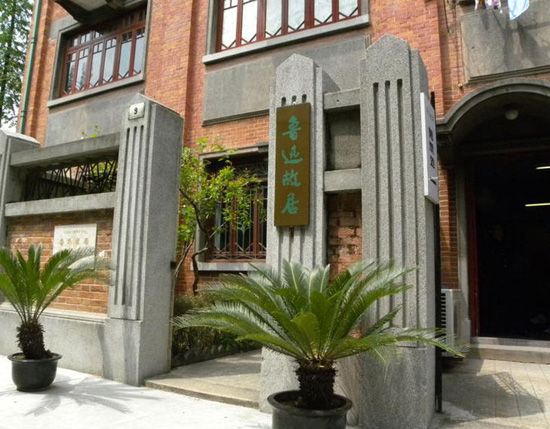 |
| Jingyunli was once home to the country's literary trailblazers. (file photo) |
A leading figure
Lu Xun, the leading figure of modern Chinese literature and the country's most acclaimed 20th century writer and critic, also lived there. In October 1927, he visited his younger brother Zhou Jianren at 1o Jingyunli and decided to make the area his home in Shanghai. He lived on the third floor of 23 Jingyunli for a year before moving into 18 Jingyunli in September 1928 and 17 Jingyunli in February 1929.
Lu Xun was close to some of the outspoken Communist writers like Rou Shi, the young author of the novelette February who lived at 23 Jingyunli in 1928 until he was executed by the Kuomintang in 1931. Lu also befriended the Japanese left-wing writer Kenza Uchiyama and the American pro-Communist journalist Agnes Smedley.
There was more than writing going on in Duolun Road. In September 1928, the linguist Chen Wangdao and the translator Wang Fuquan opened the Dajiang Bookstore at 4 Jingyunli. The bookstore featured literary and arts magazines, and the works of Lu Xun, Mao Dun, and Ding Ling among many others. It promoted Marxist publications.
At the intersection of Duolun Road and Sichuan Road North, where the Shanghai Fashion Shopping Center now stands, was the Gongfei Café, a three-story brick structure. In the 1920s and 1930s, the café was run by the city's Japanese residents. Visitors shopped for candies and pastries on the first floor and drank coffee on the second and third floors.
In his story Revolutionary Café, Lu Xun describes the café in this way: "Having conversations or contemplating in front of a mug of hot, proletarian coffee makes this place a place of ideals."
The café was used as a meeting place for left-wing writers and activists, who gathered here on February 16, 1930 to discuss the founding of a modern art and literature group. On March 2, 1930, the League of Left-Wing Writers was officially established down a side alley at 233 Darroch Road (now No.2, Lane 201 Duolun Road). This British neoclassical building was built in 1924 and was at that time the campus of the Arts University of China.
In one large classroom, Lu Xun, the league's prime organizer and titular head throughout its six years, gave the opening speech "My View on the League of Left-Wing Writers" in front of its 50 or so members including the playwright Tian Han (who later composed the lyrics for the national anthem of the People's Republic of China) and the writer and poet Yu Dafu.
Lu Xun appealed for a shift in literature and arts for the purpose of exciting and inspiring the "general public of workers and farmers" and suggested left-wing writers should examine real-life social conflicts.
The group had an important impact on modern Chinese literature as well as translations - within five years, its members had translated works of Marxist literary theory alongside progressive literary publications, mostly from the Soviet Union. It is widely considered that the league's introduction of Marxist literary theory laid the groundwork for the proletarian literary theories that emerged during the War of Resistance against Japanese Aggression (1937-45).




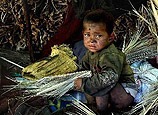
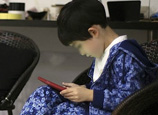
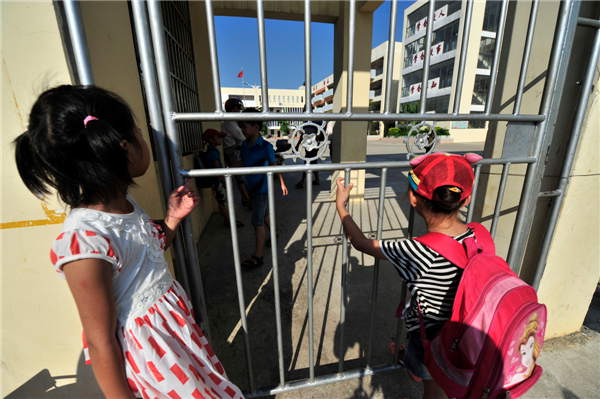


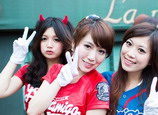

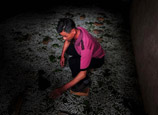






 Deaths prompt concerns over elevator safety
Deaths prompt concerns over elevator safety


![]()
